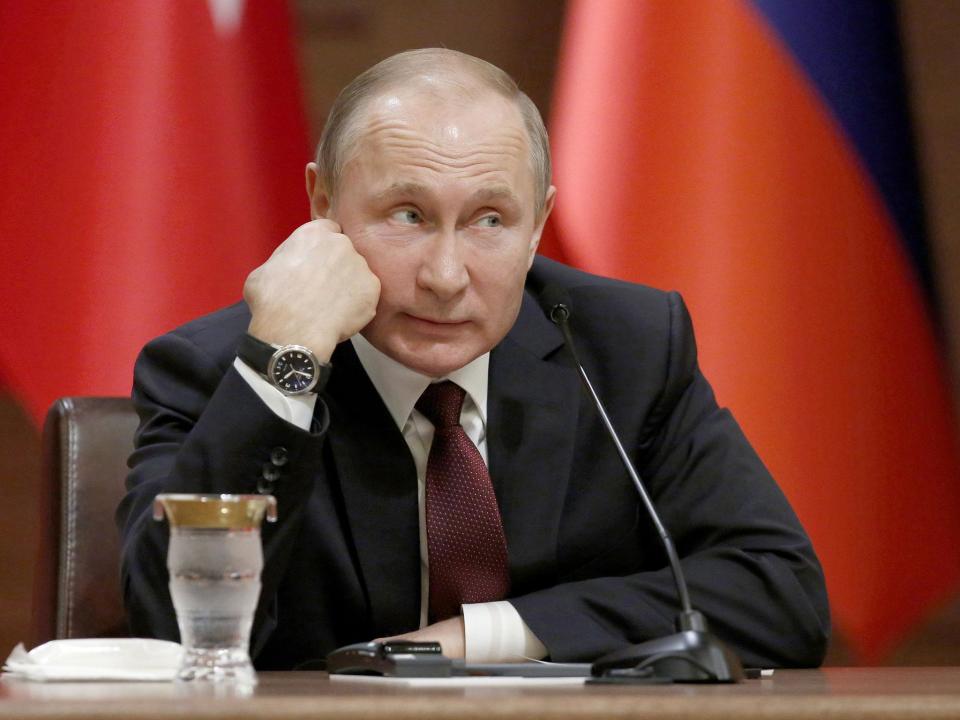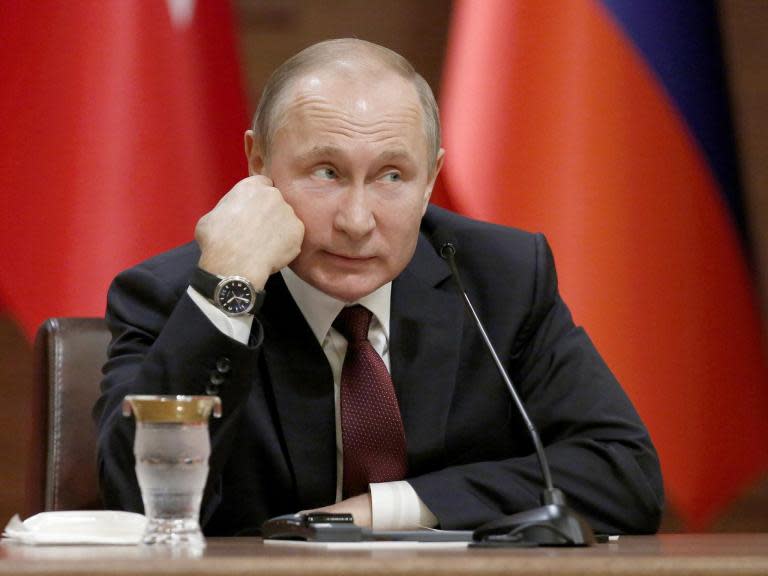With Sergei Skripal and his daughter recovering, we may be getting closer to the truth of novichok's origins
The news that Sergei Skripal and his daughter are both getting better means that the unravelling of what lay behind the shocking nerve agent attack is now getting closer. They will be able to provide the information which will be crucial in piecing together the possible motive for their attempted murders and who carried it out.
The news from Salisbury District Hospital offers a degree of authenticity to the telephone call broadcast on Russian TV on Thursday morning, supposedly between Yulia Skripal and her cousin Viktoria in Moscow. Yulia says in the recording: “Everything is OK. He [Sergei] is resting now, having a sleep. Everyone’s health is fine, there are no irreparable things. I will be discharged soon. Everything is OK.”
In this highly charged affair, in which Russia is accused of the poisoning in Salisbury of the former MI6 agent and his daughter, there is already suspicion and recrimination surrounding their recovery. Moscow is demanding to know how it could have taken place when the director of Porton Down has said there was no known antidote to the military-grade novichok used in the attack.
The Russian embassy has asked the British government for an explanation and says it is yet to receive one. Russian officials claim what has happened supports the allegation that the UK was responsible for the attack and has its own access to novichok, with an alternative conspiracy theory that some other substance, not novichok, had been used in a staged attack by the British authorities.
Moscow appears to be on the front foot on the propaganda war. There had been no indications from the British authorities of the extent of Yulia Skripal’s recovery until her supposed call to Viktoria was broadcast on Russian TV.
Hours later, while the Russian ambassador Alexander Yakovenko was holding a prolonged press conference at his residence on Thursday afternoon, berating Britain for alleged secrecy and dishonesty, came the news that that Wiltshire Police have issued a statement from Yulia saying: “I woke up over a week ago and am glad to say my strength is growing daily.” The question may be asked that if the British security agencies wanted to keep the news of Skripal’s recovery as quiet as possible for operational reasons, as has been suggested, how did the call to Moscow come about?
Similarly, there had been nothing from UK officials to indicate that Sergei Skripal was recovering as well. But after the airing of the phone call between Yulia and Viktoria, and the ensuing publicity, came this afternoon’s announcement from the hospital that he too has responded to treatment and was “improving rapidly”.
Amid the claims and counter-claims, the confrontation between the West and Russia continues to ratchet up. The US administration has announced the imposition of sanctions on seven Russian oligarchs, 17 senior government officials and 12 companies.
Among those affected are key allies of Vladimir Putin including Arkady Rotenberg, a friend since childhood of the Russian President; Kirill Shamalov, Putin’s former son-in-law; and Alexey Miller, the chief of Gazprom, the world’s largest natural gas producer and a long-term ally of Putin.
The sanctions have been imposed under laws the US Congress passed last year in retaliation for Russian interference in the US presidential election that brought Donald Trump to power. Trump has been criticised by both Republicans and Democrats for failing to act on them, but the Skripal case appears now to have acted as the trigger. Washington was among 24 countries that expelled Russians working under diplomatic credentials after Theresa May’s government blamed the Kremlin for the Salisbury attack.
One of the most prominent Russian tycoons to be sanctioned is the billionaire Oleg Deripaska. He has been in the headlines for his links to Paul Manafort, Trump’s former campaign advisor, who has been arrested and charged in special counsel Robert Mueller’s investigation into Trump’s Moscow connections. The list also includes Aleksandr Torshin, a deputy chairman of Russia’s Central Bank, who had been in contact with Trump officials in the run up to the 2016 election.
The reverberations from the Skripal affair, with all its extraordinary twists and turns, show no sign of ending.


